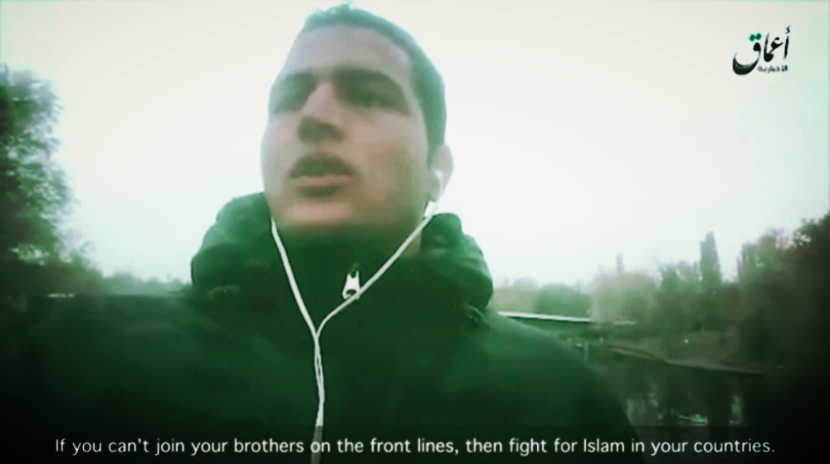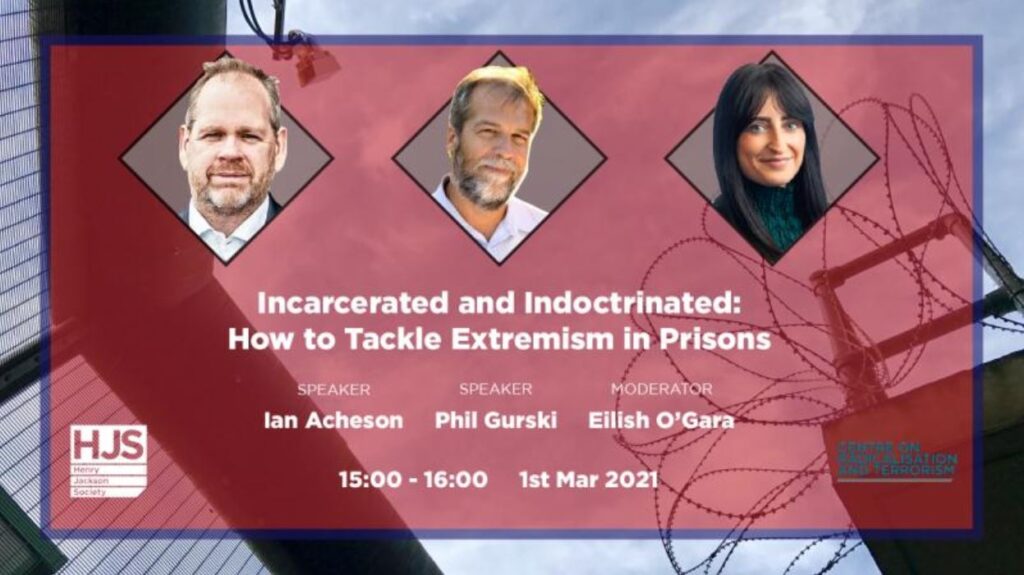We would like to think that every ne’er-do-well can be rehabilitated. What if we are wrong?
One of the more curious developments over the past two decades, since the ‘war on terrorism‘ was launched, has been what Singapore-based journalist James Dorsey (who will feature soon in a Canadian Intelligence Eh! podcast) calls the ‘counter terrorism industry’. This term, if I understand him correctly, refers to a large number of individuals, entities and hangers-on who have made out like bandits in creating products and services all aimed at targeting terrorism and proposing counter terrorism strategies.
This is all part of what I call ‘having terrorism on the brain‘. Like most obsessions, it is not a healthy one. Sure, a lot of good ideas have been hatched in this field, many of which have helped make the world less vulnerable to violent extremism and hence a better place. Others have performed less spectacularly.
One that I would firmly put in the latter category has come to be known as the ‘deradicalisation‘ industry. This term refers to the notion that some terrorists can be ‘de-programmed’ and become ‘ex’ terrorists, capable of returning to society and functioning normally (whether or not society is ready to receive them and if they have truly paid the price for their crimes is an entirely other issue!). I would guess this is analogous to the ‘undoing’ of cult members.
I have neither expertise nor experience in any of this and will as a consequence tread carefully, as someone who has made a commitment to never comment ‘definitively’ on matters beyond my ken. As a former counter terrorism practitioner, however, I retain the position that as there is never a 100% guarantee that such methods work those of us tasked with doing our utmost with NOT allowing terrorists to succeed cannot rely on someone’s claim to have become a ‘former’.
Many would argue with me, maintaining that such endeavours are worth at least trying. In that I agree. After all, nothing ventured nothing gained. And yet, every once in a while a case arises that reminds us that some bad actors will remain so indefinitely, regardless of what is done to try to get them to realise the error of their ways and commit to abandoning them.
Enter Kevin Omar Mohamed.
I am well familiar with him, having come to know him while I worked for the Anti-Terrorism Section of the Ontario Provincial Police (OPP-PATS) in 2015. He was clearly a jihadi: he traveled to join Al Qaeda (AQ) in Syria in 2014, returned to Canada in 2016 and was arrested when it was found he had a hunting knife, praised terrorist attacks and had AQ propaganda on target selection. He was sentenced to four and a half years in prison in late October 2017. Upon receiving parole it was noted that he “may continue to commit terrorist offences“.
No shit.
In September of this year he was re-arrested when it was determined he was violating his probation by using a smartphone, and downloading AQ literature, manuals on bombs and poisons, and a tract justifying the killing of women and children, according to allegations filed in court. He was also seen meeting with another former inmate who had a history of violence and whose phone contained more than 200 Taliban, ISIS and al-Qaeda videos.
Wow.
What does all this mean?
It is simple. Kevin Mohamed clearly did not learn from his ‘mistakes’. He did not ‘deradicalise‘. He did not abandon his beliefs in jihad (NB I have no idea what counsel he got, if any, in prison). And here is the most worrying part: there is no way to determine if and/or when similar terrorists are trustworthy. There are a lot of ‘deradicalisation’ programs that make a lot of unsubstantiated claims. None of them are guarantees that so-called reformed violent extremists no longer pose a national security threat.
The only terrorist who cannot harm us is a dead one: the ex-head of Peru’s Sendero Luminoso (Shining Path) Abimael Guzman is a good example (because he is dead, although other deceased terrorists can still inspire the living, as Anwar Al Aulaqi demonstrates). Anyone who maintains otherwise is delusional.
Here’s hoping Kevin Mohamed gets more than a slap on the wrist this time.
Read More on Deradicalisation

Once a jihadi always a jihadi?
The only terrorist who cannot harm us is a dead one: derad programs are far from perfect
What if deradicalisation programs are serving to bolster violent extremism?
So what happens when extremists show up to deradicalisation events seeking to recruit those being helped?

